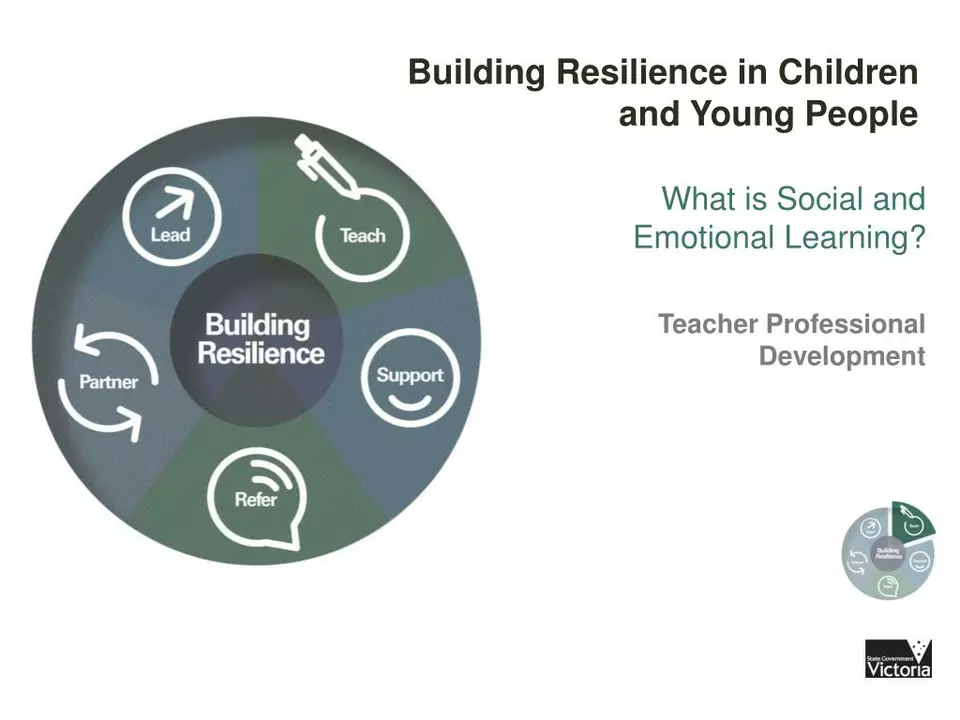Coping strategies you can use today to feel steadier
Feeling overwhelmed doesn’t mean you’re failing — it means you need a few reliable tools. Below are short, practical coping strategies you can start using now. No jargon, no long programs. Just clear steps that actually help when your emotions spike or your day falls apart.
Quick, calm-down moves
Breathing resets your nervous system fast. Try square breathing: inhale for 4 seconds, hold 4, exhale 4, hold 4. Repeat 4 times. Do it sitting or standing — it only takes a minute and lowers heart rate.
Grounding helps when your thoughts race. Use the 5-4-3-2-1 trick: name 5 things you see, 4 things you can touch, 3 sounds, 2 smells, 1 taste. It pulls you back to the present and reduces panic.
Daily habits that build resilience
Move a little every day. A 15–20 minute walk or light stretching reduces stress hormones and clears your head. You don’t need intense workouts — consistency matters most.
Sleep matters more than you think. Pick a bedtime and wake-up time and stick to them, even on weekends. Cut caffeine after mid-afternoon and dim screens 30–60 minutes before bed to help real rest.
Eat steady. Low blood sugar makes anxiety worse. Include protein and fiber at meals and keep a healthy snack on hand so your mood doesn’t crash mid-afternoon.
Small actions beat big intentions. If a task feels huge, break it into 10-minute chunks. Do one chunk, then reassess. That momentum lowers stress and grows confidence.
Use a simple worry list. Set a 10-minute worry window each day: write concerns, then close the list. Outside that window, postpone worry. It trains your brain to limit rumination.
Connect with one real person. Send a short message, ask for coffee, or call for five minutes. Social contact reduces stress hormones and reminds you you’re not alone.
If you use medication or supplements, keep them organized. Use a pillbox, set phone alarms, and track side effects in a brief note. If something feels off, talk to your prescriber — don’t guess.
When to get professional help: if low mood or anxiety lasts more than two weeks, stops you from working or caring for yourself, or you have thoughts of harming yourself, contact a clinician or emergency service right away.
Want more targeted help? Read our articles on medication options, natural adaptogens like Rhodiola, or alternatives to antidepressants — they explain how treatments can fit into day-to-day coping. Try one coping move today and notice the difference. Small changes add up fast.

The Emotional Impact of Breast Disease: Coping Strategies and Support
- May, 14 2023
- Daniel Remedios
- 16 Comments
Dealing with the emotional impact of breast disease can be incredibly challenging, but thankfully there are some coping strategies and support systems available. For many, connecting with others who have faced similar experiences can provide a sense of understanding and solace. Additionally, practicing self-care and maintaining a healthy lifestyle can help manage stress and nurture emotional well-being. Professional therapy or counseling can be invaluable in addressing the emotional turmoil that comes with breast disease. Lastly, leaning on friends and family for support and understanding can make all the difference in our journey toward healing.
